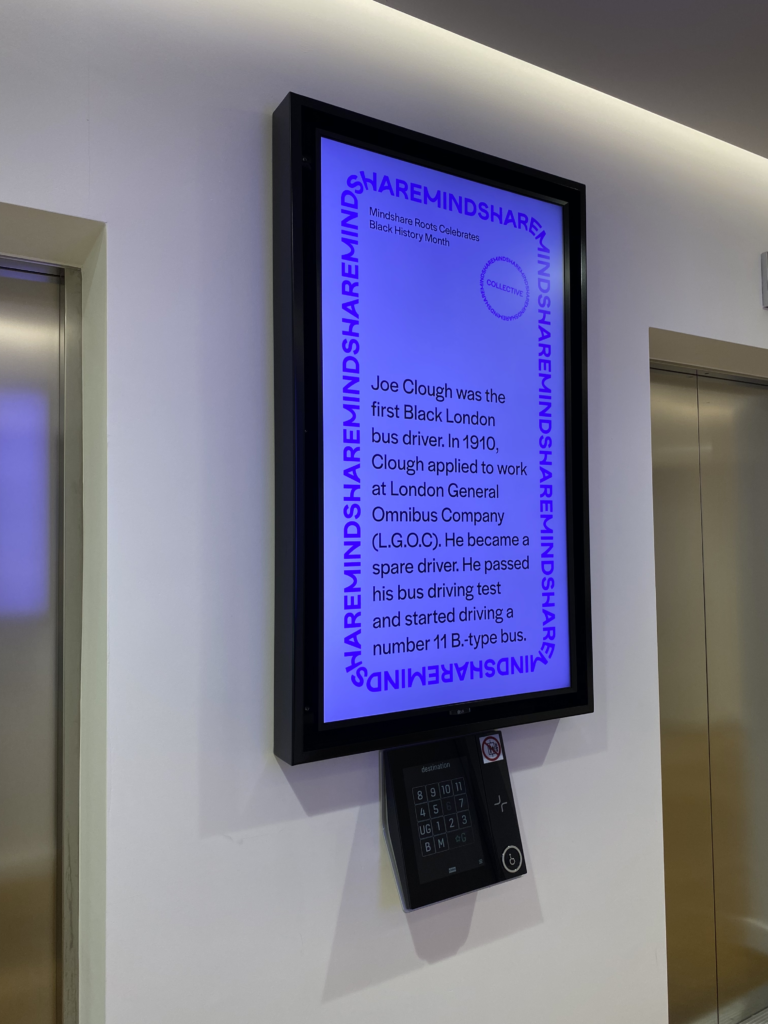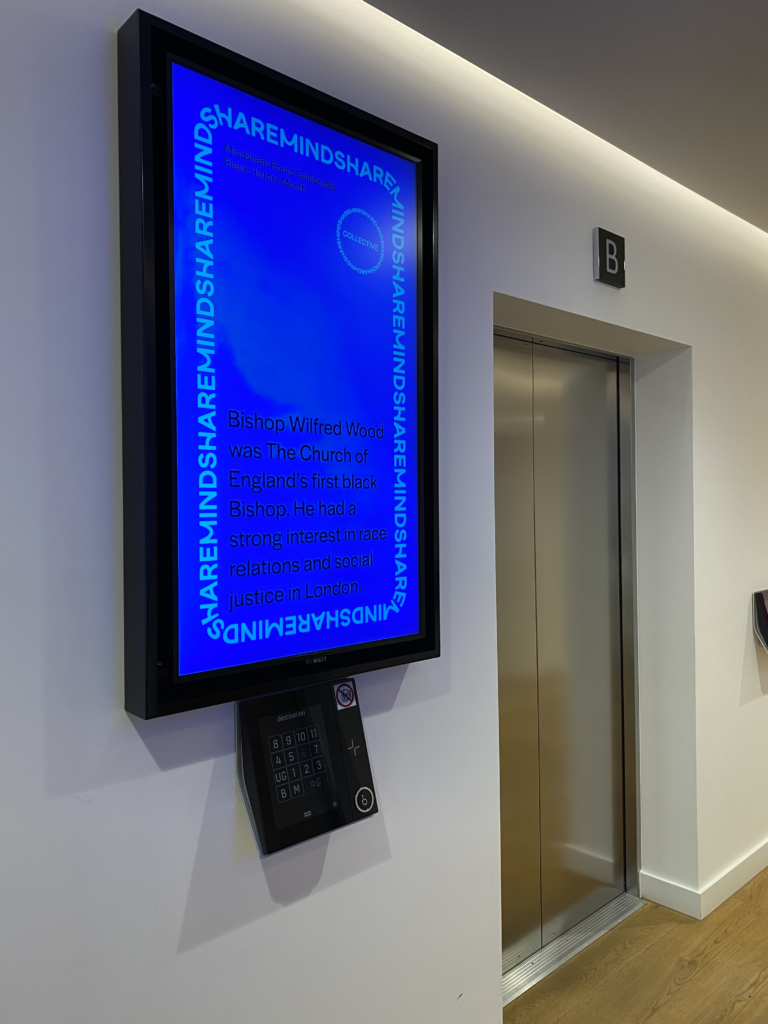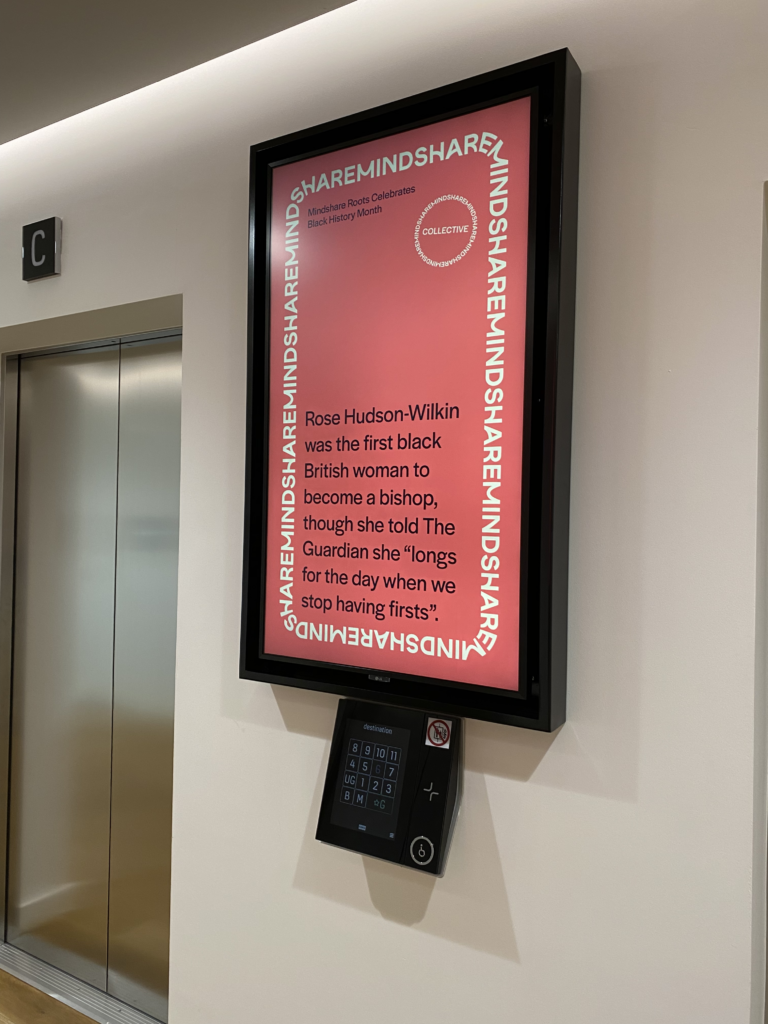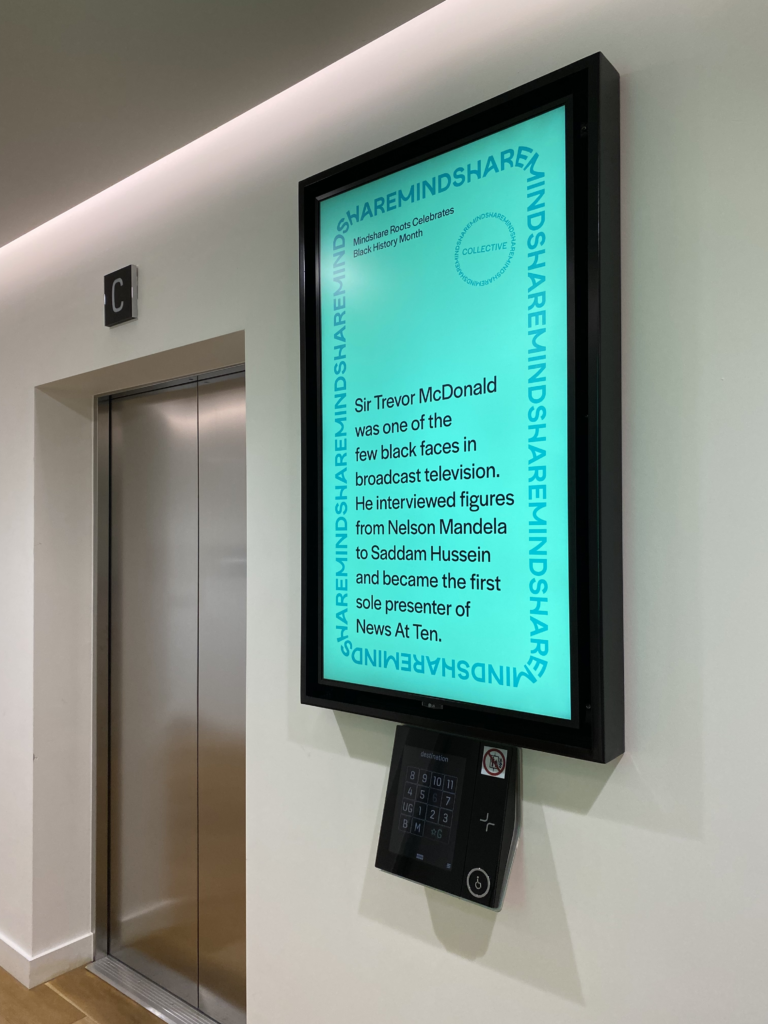17th October 2022
Black History Month at Mindshare
October marks Black History Month in the U.K., an important time for us all to recognise and celebrate the contributions and impact of our Black communities within Mindshare, our industry and the world.
In recognition of this, here you can find a few significant Black history facts.
Fact 1: Notting Hill Carnival
Attended by more than a million people each year, the Notting Hill carnival is the largest street party in Europe. But how many Britons could tell you about its origins?
It started with human rights activist Claudia Jones, who was born in Trinidad in 1915 and spent much of her life in New York until she was deported from the US for being a member of the Communist party. Given asylum in England, she threw herself into the anti-racist struggle.
In response to the Notting Hill riots of 1958 – the worst race riots Britain had ever seen – and the racist murder of Kelso Cochrane, Jones launched an indoor Caribbean carnival in St Pancras in 1959 to bring people together. Further indoor events were held throughout the 1960s, finally taking to the streets of Notting Hill in 1965. Five decades later, it is second only in size to Brazil’s Rio carnival.
Fact 2: West Indian soldiers in the first world war
The contributions of the 15,204 men who served in the British West Indies Regiment have largely been forgotten in the UK’s remembrance of the great war.
From the Bahamas to British Guiana, men across the West Indian colonies heeded the call for volunteers from the “mother country” in 1915 at their own expense and peril.
They weren’t allowed to fight alongside white soldiers and faced racism from their comrades and enemy soldiers alike. From the trenches of the western front to the theatres of the Middle East and Africa, they carried out dangerous jobs such as loading ammunition, laying telephone wires and digging trenches. There is evidence some also saw combat.
After the armistice, they were moved to an army base in Taranto, Italy, and tasked with loading ammunition and cleaning clothes and latrines for white soldiers, who were given a pay rise. Broken by this final indignity, the soldiers mutinied. One was executed, others jailed, and they were excluded from the victory parades that marked the end of the war.
Fact 3: John Blanke, the black Trumpeter
The Tudor period was significant for black settlement in Britain.
Among the settlers was trumpeter John Blanke, a regular musician at the courts of both King Henry VII and Henry VIII, and the first black Briton for whom we have both their name and picture. He appears on horseback in the royal procession in a 60ft-long scroll commissioned by Henry VIII depicting the extravagant Westminster Tournament of 1511, which was held to celebrate the birth of a son.
He was paid 8d a day in wages, until he successfully petitioned the king to double this to 16d.
Fact 4: Joe Clough The First Black Bus Driver in London
Joe Clough was born in Jamaica in 1887 and orphaned at an early age.
As a boy, he was employed by a Scottish doctor, Dr R C White, to look after his polo ponies. In 1905 while they were returning from a dance at the governor’s house in Kingston, they had a conversation that was to change Clough’s life. Dr White asked him, ‘How would you like to go to England?’ ‘Well,’ replied Clough, ‘I’d like that very much’. He was 18 years old.
In winter 1906 Clough came over to Britain as White’s servant and companion. He drove Dr White around town in his coach and horses. However, the doctor was keen to try out the new motorcars, which were becoming popular; so Clough learnt to drive and became the doctor’s chauffeur.
In 1910, Clough applied to work at London General Omnibus Company (L.G.O.C). He became a spare driver. He passed his bus driving test and started driving a number 11 B.-type bus between Liverpool Street and Wormwood Scrubs. Joe Clough was the first Black London bus driver.

Fact 5: Bishop Wilfred Wood, The Church of England’s first black Bishop
Born in Barbados to Wilfred Coward and Elsie Elmira Wood, in Proute, St Thomas, Wood [later Sir Wilfred] attended Southborough Boys’ Primary School and Combermere School.
Having being ordained Deacon on the island after completion of studies in 1962, Bishop Wood’s journey had just begun as he was sent to the Diocese of London, first serving in a parish called St. Stephen’s Shepherd’s Bush, where he served as a curate, then honorary curate, of St Thomas With St Stephen, Shepherd’s Bush, until 1974.
He soon came to wider attention in Britain for speaking out on racial injustice. In 1974 he joined the Diocese of Southwark, where he stayed until his retirement.
Throughout his Ministry, Bishop Wood had a strong interest in race relations and social justice in London, as it was for this interest that he was appointed the Bishop of London Officer in race relations, also serving on a number of other important boards, from 1978 to 1981
Bishop Wood also served as a Lay Magistrate from 1971 to 1982. He was the moderator of the World Council of Churches Programme to Combat Racism, known for its work on South African apartheid, acknowledging the importance of the work of commission as they supported the liberation movements against the racist apartheid regime in South Africa.
Serving as Archdeacon of Southwark from 1982 until his consecration as Bishop of Croydon in 1985, where he oversaw the Croydon Episcopal Area, Bishop Wood said that the honour was very humbling.
“When I become Bishop of Croydon in 1985, it was a big occasion because I was then becoming the first ever black Bishop in the Church of England. At the service at St. Paul’s Cathedral, which holds 2 900 [people], there was not enough room, as people had come from all over the world – mostly black [people] were in attendance – and there are 49 bishops who took part in the service. Actually, when my appointment was announced, I received 703 letters of congratulations and well wishes. It was a great day,” he expressed.

Rose Hudson-Wilkin
Rose Hudson-Wilkin was born and raised in Jamaica.
Aged 18, she travelled to the UK to train as an evangelist at the Church Army College.
She was ordained as a deacon in 1991, after initially being discouraged by the Church because she was a wife and mother.
For almost 17 years, she served as a priest in Hackney.
10 years ago, she became the first female Chaplain to the Speaker of the House of Commons, where she leads daily prayers.
Last year, Hudson-Wilkin was hired as the new bishop of Dover.
She's the first black British woman to become a bishop, though she told The Guardian she "longs for the day when we stop having firsts".

Trevor Mcdonald
Sir Trevor McDonald was born in Trinidad in 1939.
He cut his teeth at local media outlets, before moving to London and joining the BBC World Service as a producer.
In 1973, he became a reporter for ITN, then went on to become a presenter.
During this time, Sir Trevor was one of the few black faces in broadcast television.
He interviewed figures from Nelson Mandela to Saddam Hussein, and became the first sole presenter of News At Ten.
In 1992, Sir Trevor received an OBE in the Queen's Honours List, followed by a knighthood in 1999.
He retired from News at Ten (for the second time) in 2008.
By then, he had received more awards than any other news broadcaster in Britain.
